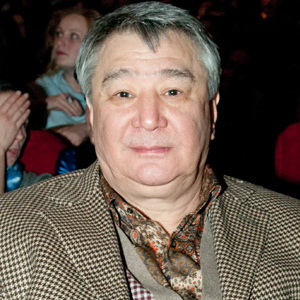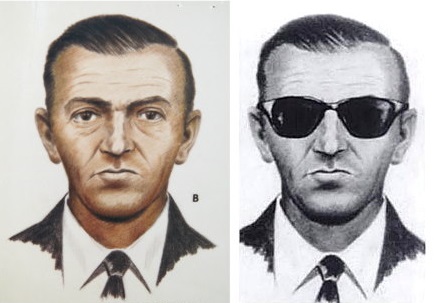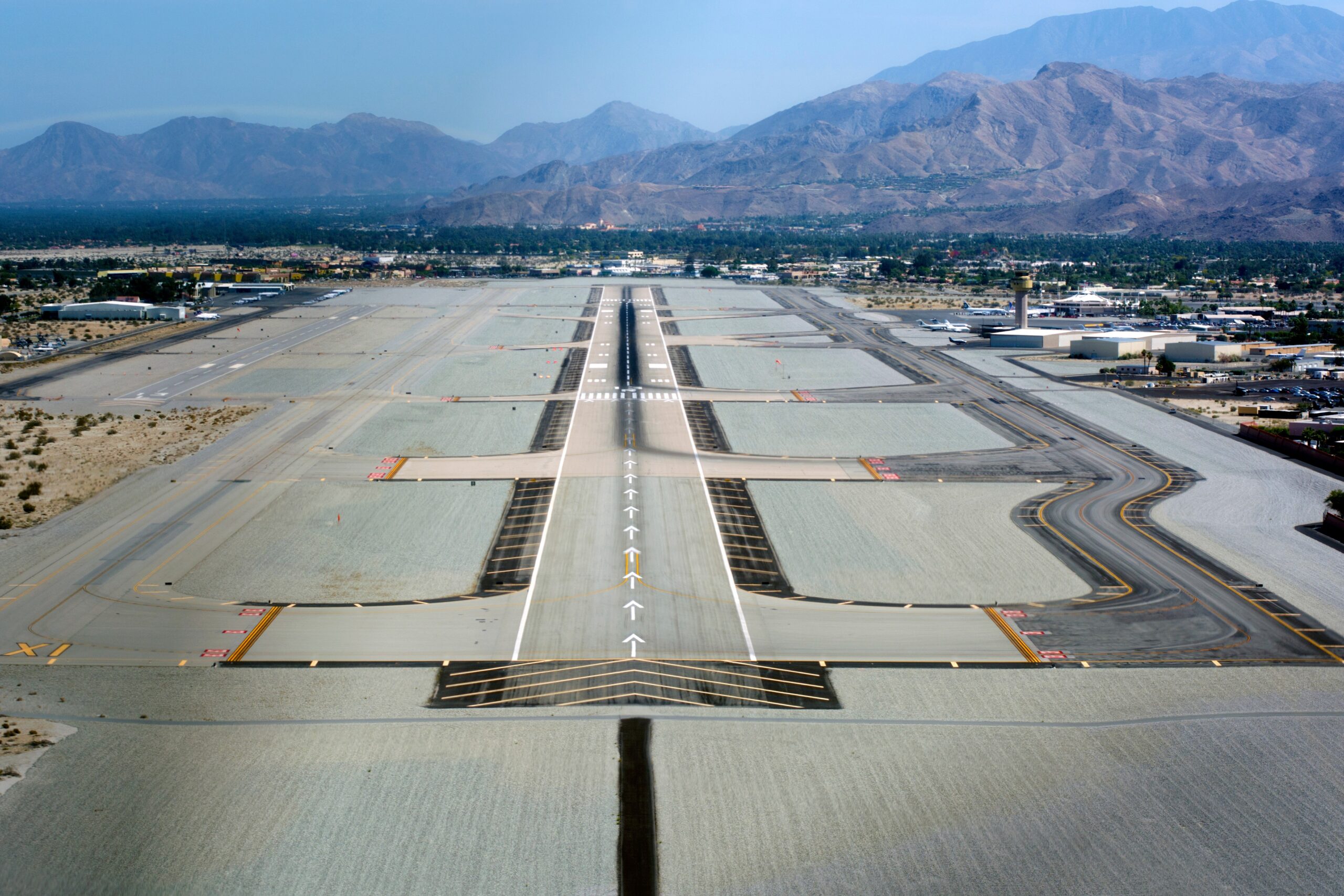- The Most Audacious Cultural Property Thefts in History - April 22, 2025
- P. Diddy and the Culture of Silence in the Entertainment World - April 8, 2025
- Crimes That Made the FBI Rethink Everything - April 5, 2025
1. North America: Jesse James
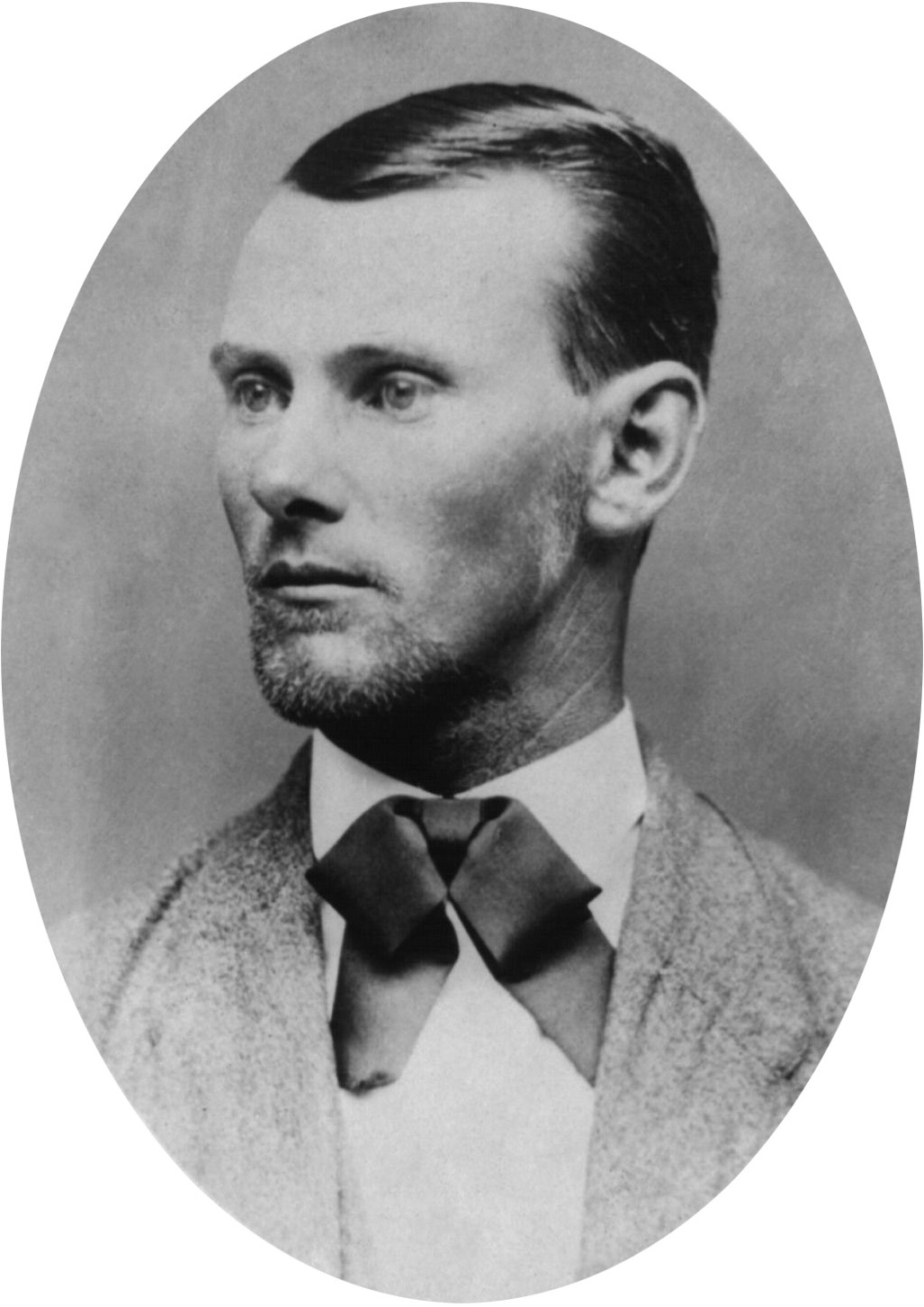
Jesse James, born in 1847, has etched his name in history as one of America’s most notorious outlaws. His journey into infamy began during the American Civil War, where he was part of a Confederate guerrilla band. After the war, James turned to a life of crime, leading the infamous James-Younger Gang. They were responsible for numerous bank and train robberies, creating a reign of terror across the Midwest. Despite his criminal activities, James became a folk hero, a testament to the public’s fascination with the outlaw lifestyle. His life ended in 1882 when he was shot by Robert Ford, a member of his own gang, but his legacy still captivates audiences, inspiring countless films and books.
2. South America: Pablo Escobar
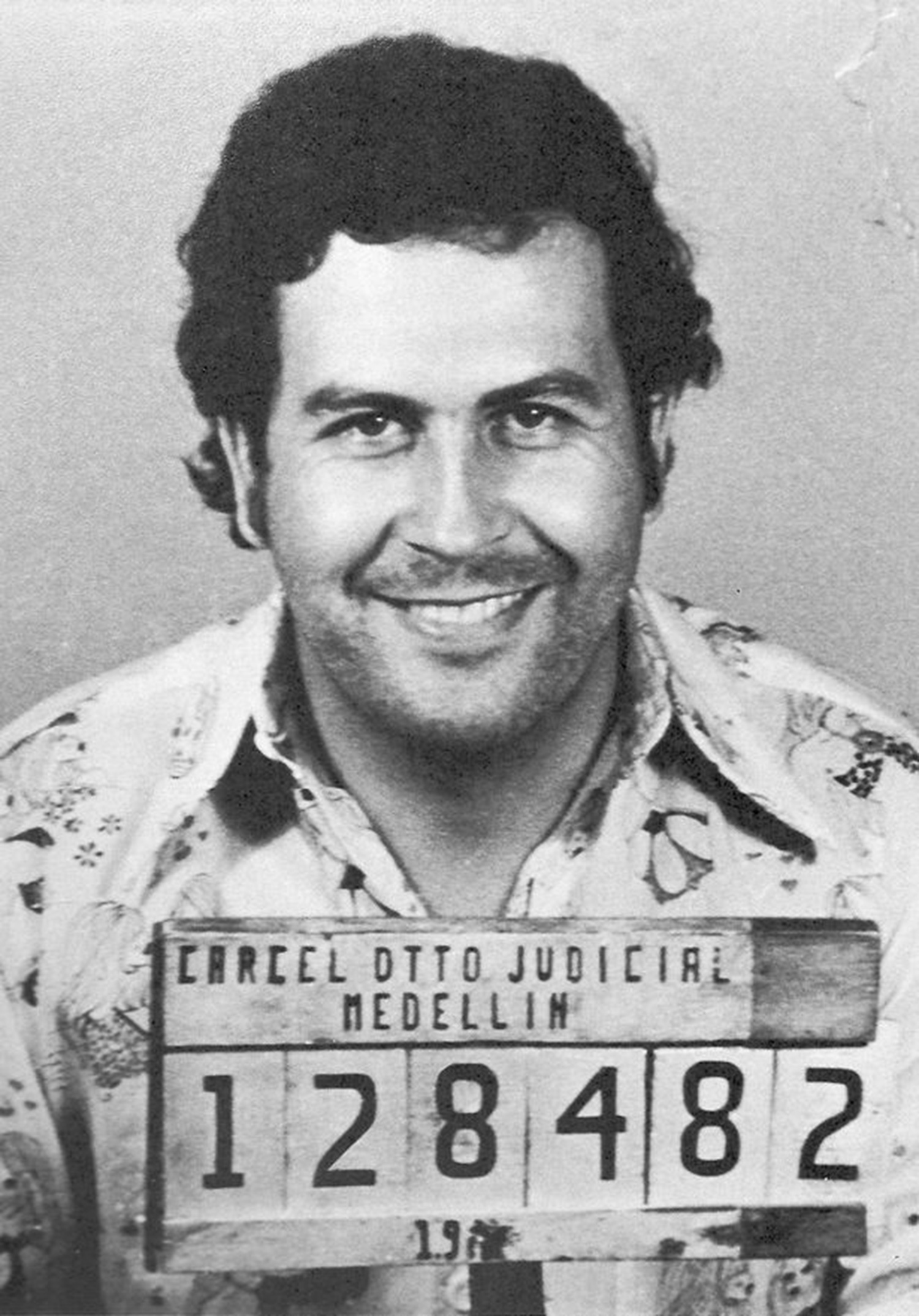
Pablo Escobar remains one of the most infamous figures in South America’s history, known for his role as the leader of the Medellín Cartel. During the 1980s, he controlled a vast portion of the cocaine trade into the United States, amassing an estimated net worth of $30 billion. Escobar’s influence was not just economic; it was also political and social. His reign was marked by violence, from assassinations to bombings, earning him a reputation as a feared drug lord. Despite his ruthless methods, he was seen by some as a Robin Hood figure, as he funded housing projects for the poor. Escobar’s life ended in 1993, but his story continues to symbolize the complex world of drug trafficking.
3. Europe: Robin Hood
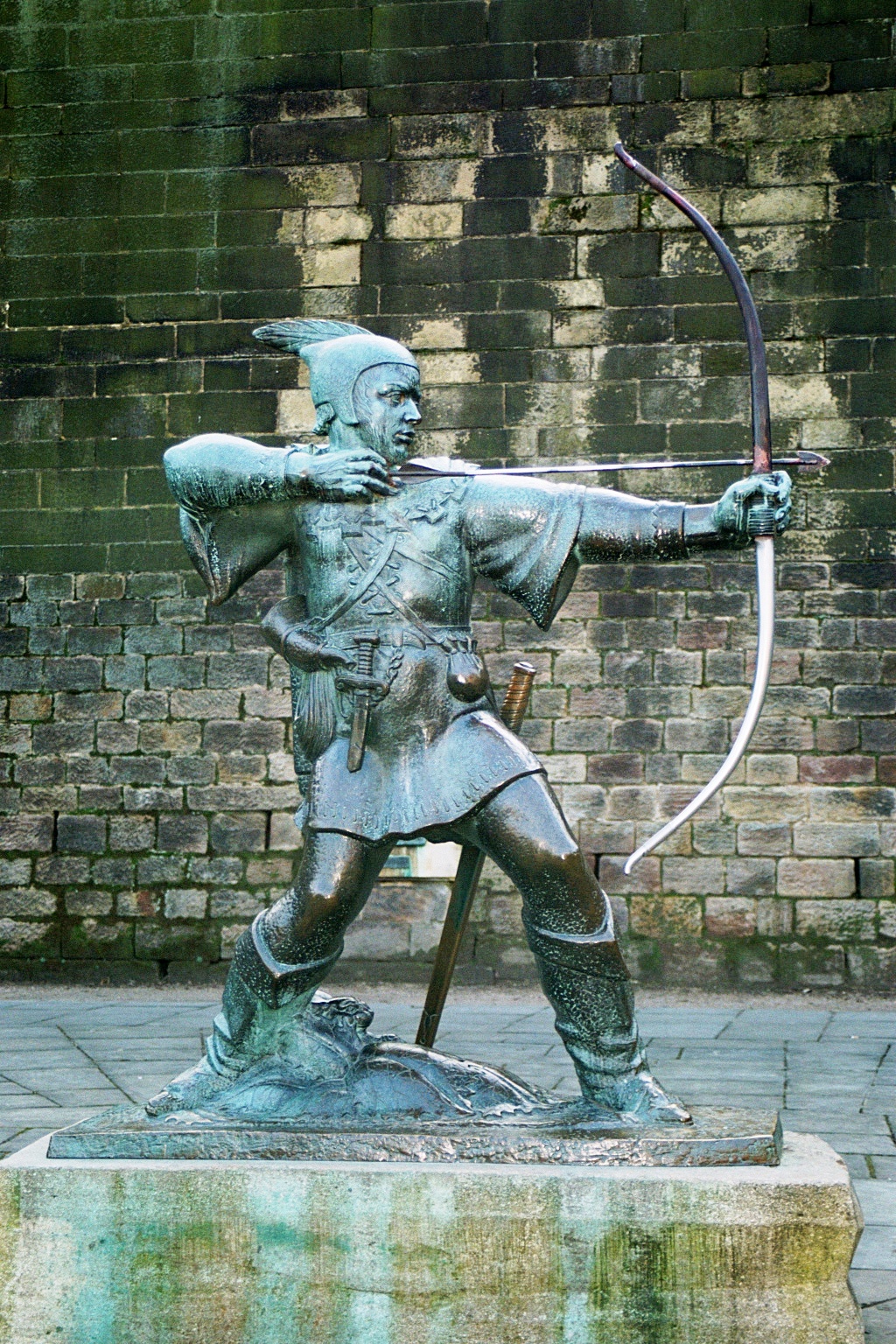
Robin Hood is a legendary figure in European folklore, celebrated for his acts of “robbing from the rich and giving to the poor.” Though historians debate his existence, the tales of his adventures in Sherwood Forest have transcended centuries. Robin Hood, with his band of Merry Men, resisted the tyranny of the Sheriff of Nottingham, embodying the fight against injustice. The stories, dating back to the 12th century, present him as a symbol of hope and resistance, inspiring countless adaptations in literature and film. Even today, Robin Hood’s legacy resonates, reflecting society’s longing for fairness and equity.
4. Africa: Ngungunyane
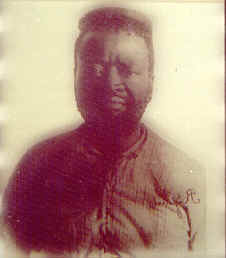
Ngungunyane, also known as Gungunyane, stood as a formidable leader in Africa’s history. As the last king of the Gaza Empire in Mozambique, he was a beacon of resistance against Portuguese colonial rule. In the late 19th century, Ngungunyane led fierce campaigns to protect his people and lands, showcasing his military acumen and leadership. Despite his eventual capture and exile, he remains a potent symbol of anti-colonial resistance. His legacy is a testament to the enduring spirit of African leaders who fought against oppression and sought to preserve their sovereignty.
5. Asia: Alimzhan Tokhtakhunov
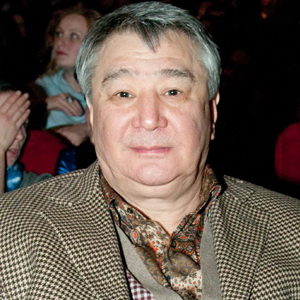
Alimzhan Tokhtakhunov is a notorious figure in Asia, linked to organized crime and illegal activities. Known for his involvement in sports corruption, he gained international notoriety for allegedly fixing figure skating events at the 2002 Winter Olympics. Tokhtakhunov’s influence extends beyond sports, with connections to various criminal enterprises. He embodies the modern complexities of organized crime, where power and corruption intersect on a global scale. His story serves as a reminder of the challenges in combating international crime networks.
6. Australia: Ned Kelly
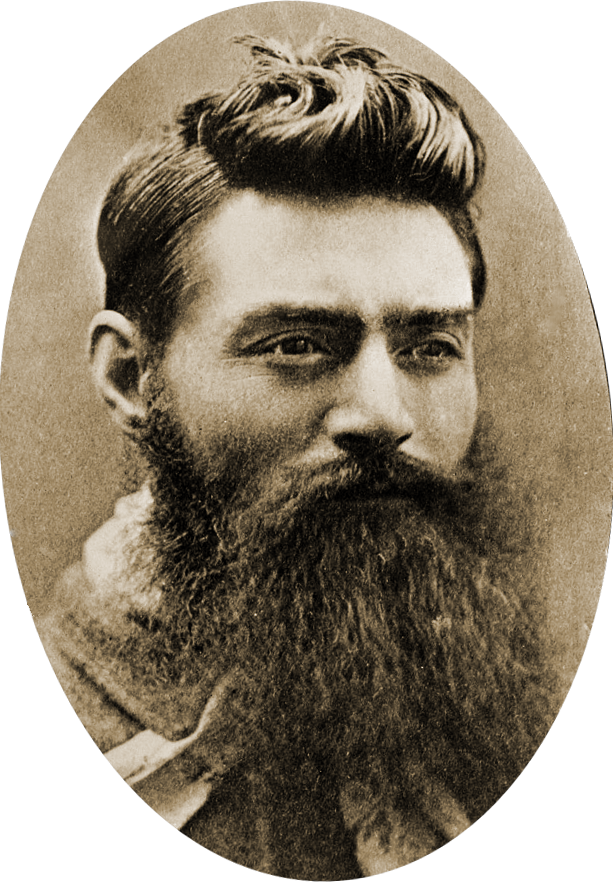
Ned Kelly is a name synonymous with rebellion in Australia, remembered for his life as a bushranger in the late 19th century. Born in 1854, Kelly became a folk hero for his defiance against colonial authorities, often seen as a symbol of the oppressed fighting back. His criminal activities, including bank robberies and police confrontations, culminated in a dramatic shootout at Glenrowan in 1880. Kelly’s famous armor, crafted from ploughshares, became an iconic image of his resistance. His story, immortalized in Australian culture, reflects the nation’s complex relationship with its colonial past.
7. Antarctica: The Unlawful Explorers

Antarctica, a land of extremes, doesn’t have traditional outlaws but faces challenges from unlawful explorers. Some adventurers disregard international agreements like the Antarctic Treaty System, which aims to preserve the continent’s pristine environment. These actions, such as unauthorized expeditions or environmental damage, highlight the ongoing struggle to maintain order in a region governed by international law. The tales of these explorers serve as a cautionary note about the delicate balance between exploration and preservation.
8. The Caribbean: Blackbeard
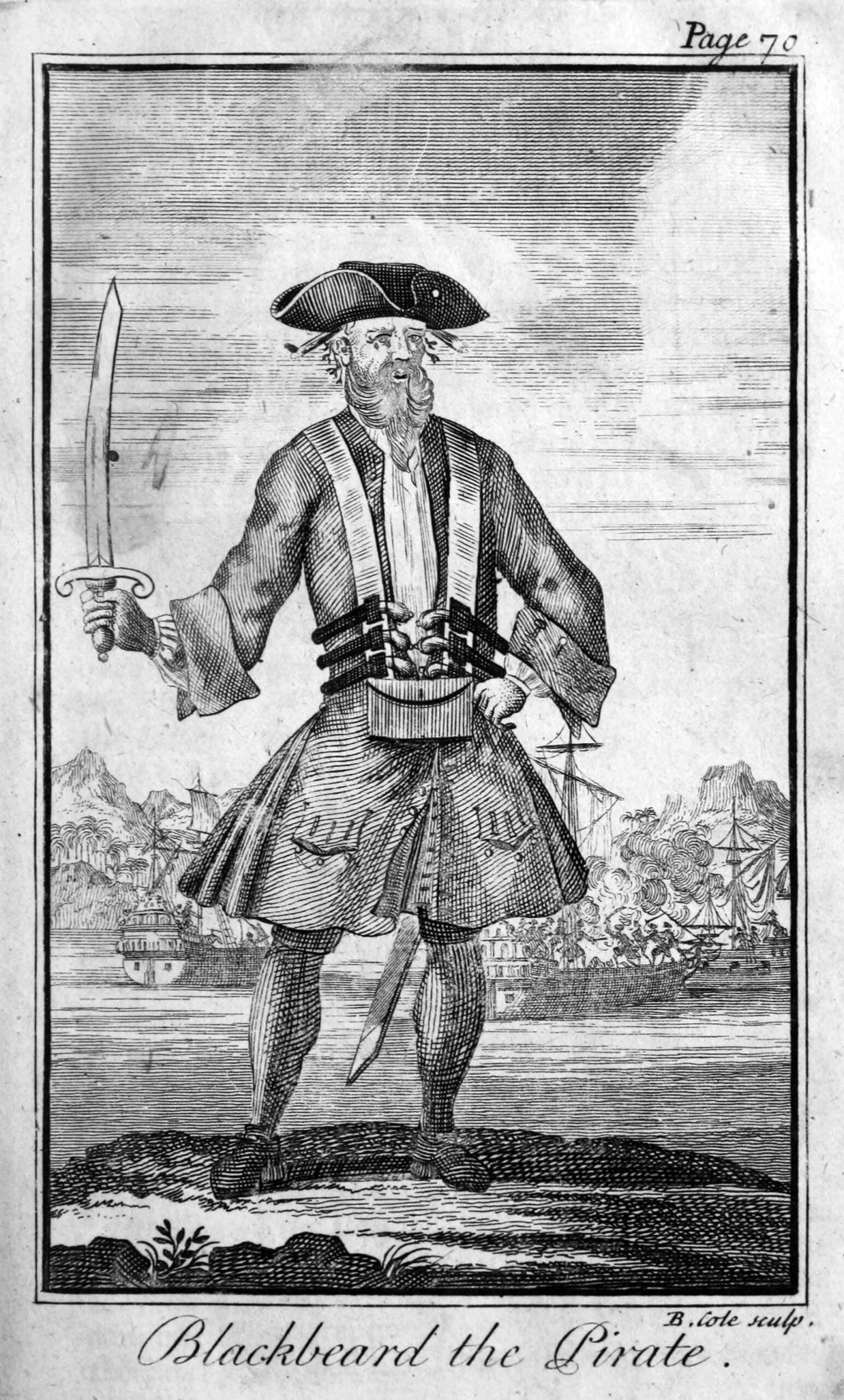
Blackbeard, born Edward Teach, is an iconic figure in the Caribbean, representing the golden age of piracy. Operating in the early 18th century, Blackbeard was feared for his ruthless tactics and fearsome appearance. His ship, the Queen Anne’s Revenge, was a terror on the seas, capturing numerous vessels. Blackbeard’s reign ended in 1718 when he was killed in a battle with British forces, but his legacy endures, captivating imaginations and symbolizing the rebellious spirit of the high seas.
9. The Middle East: Abu Musab al-Zarqawi
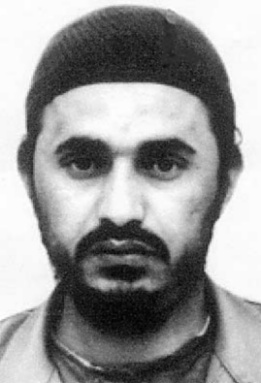
Abu Musab al-Zarqawi was a Jordanian militant whose impact on the Middle East was profound. As the leader of al-Qaeda in Iraq, he was a central figure in the insurgency against U.S. forces during the Iraq War. Known for his brutal tactics and extremist ideology, al-Zarqawi orchestrated numerous attacks, making him one of the most wanted terrorists. His death in 2006 marked a significant moment in the global fight against terrorism, but his influence continues to affect the region’s dynamics.
10. Conclusion: The Legacy of Outlaws
The stories of outlaws across continents reveal a complex tapestry of resistance, rebellion, and the human spirit’s quest for freedom. From Jesse James in North America to Ngungunyane in Africa, each outlaw’s tale reflects the socio-political landscapes of their time. These figures, whether celebrated or vilified, continue to influence culture and society, reminding us of the fine line between heroism and criminality.

